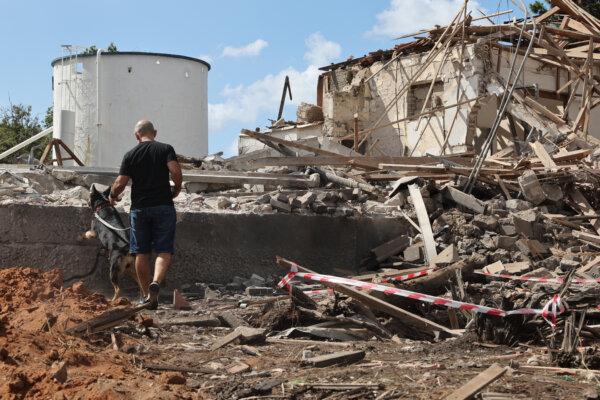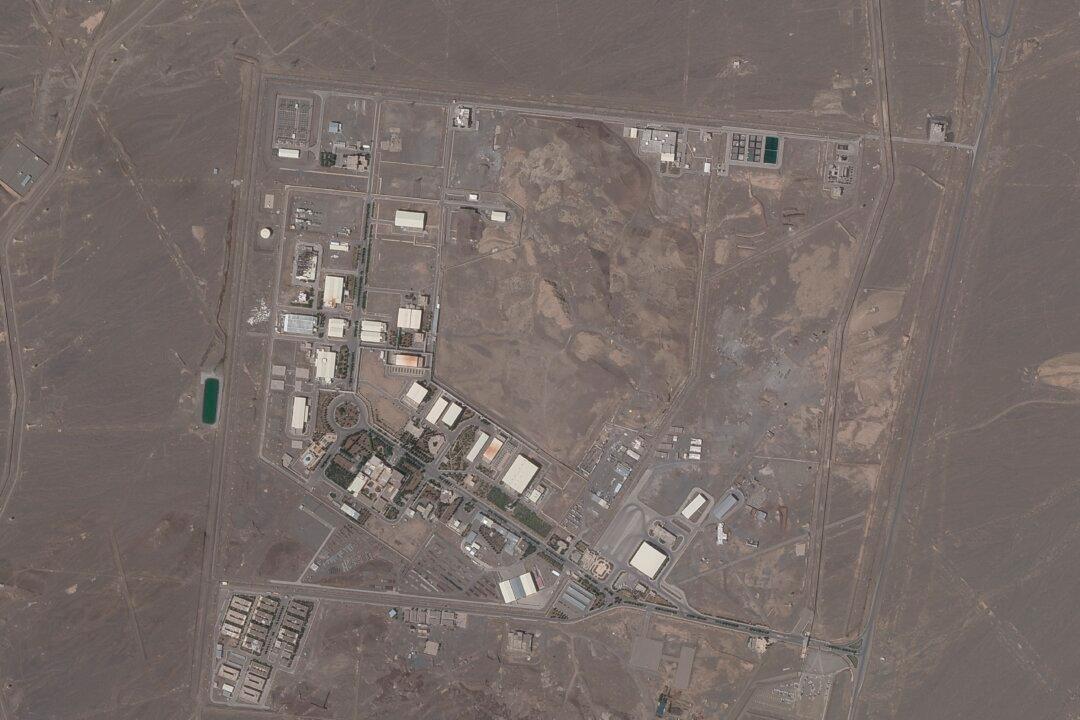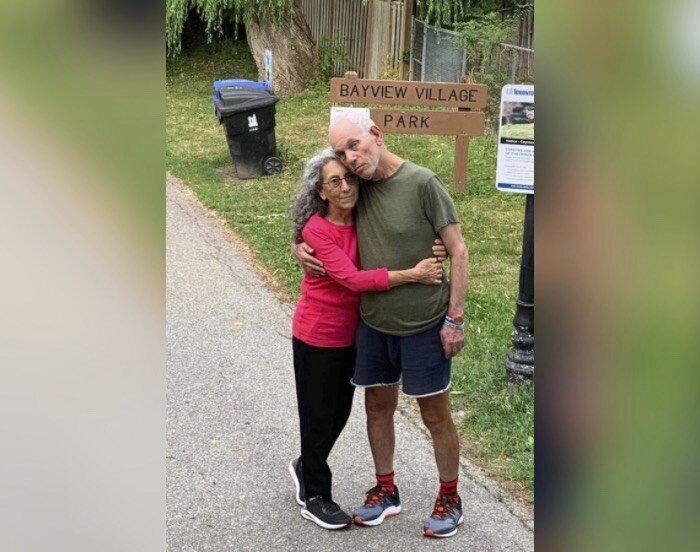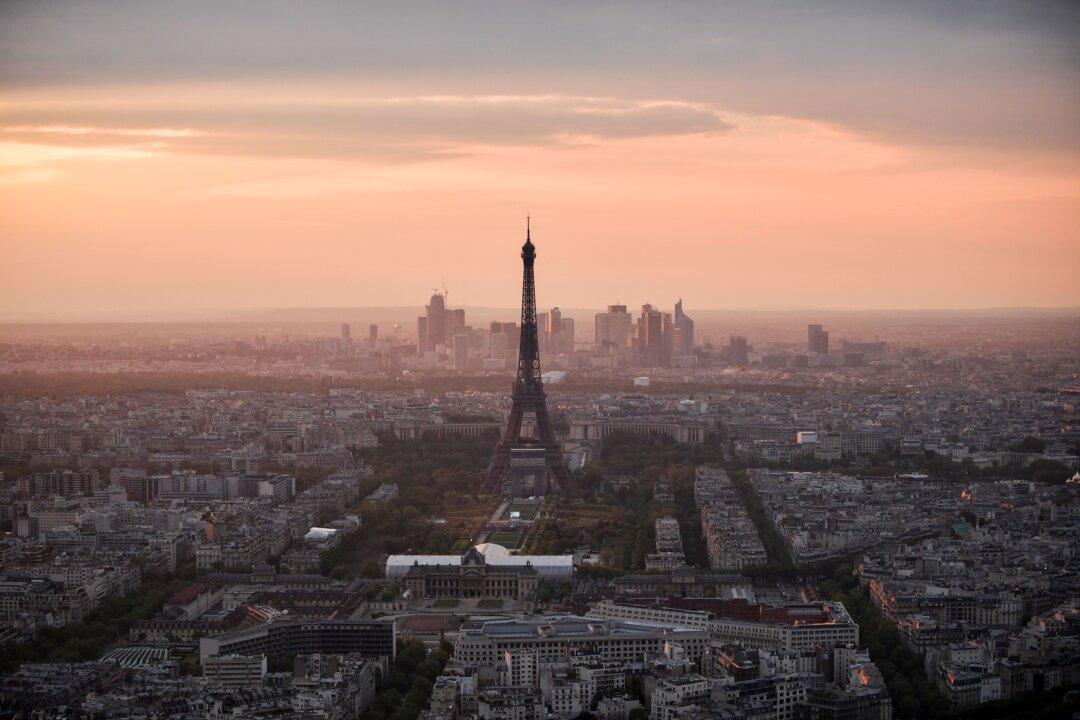A senior adviser to Iran’s supreme leader, Ayatollah Khamenei, has hinted that Iran could change its nuclear doctrine if Israel were to attack its atomic facilities.
Sanaei-Rad said: “These days, there is talk of approaching zero hour and the reaction of the Zionists. Even the advice of their masters, the Americans, is to avoid targeting nuclear centers and oil and gas centers. This shows that they have to take the facts into account in the action they plan and will probably take against us.
“Hitting nuclear centers can certainly have an effect on the equations during and after the war. Some politicians have raised the possibility of changing nuclear strategic policies.”
Iran Reminds Israel Of ‘Protocols’
“Nuclear centers have their own protocols that the parties must pay attention to during war,” Sanaei-Rad said.Iran’s main nuclear facility is at Natanz, near Isfahan in the center of the country.
Sanaei-Rad said that Israel must “reflect on Iran’s possible reaction,” warning that an attack on the country’s oil and gas infrastructure would affect global fuel prices and energy security.
“The rational advice is not to take any action that will lead to the development of tension, and if they want to take action, consider these issues,” he said.
“The Zionists know that if they want their infrastructure to be exposed to Iran’s possible reaction, their infrastructure is compressed in a limited area of 28,000 square kilometers [17,000 square miles], which is the size of one of our provinces. Their vulnerability to our reaction will certainly be much higher.”
Israel has several nuclear facilities, the largest of which is the Dimona facility in the Negev Desert.
Iran and its so-called axis of resistance, such as the Hamas and Hezbollah terrorist groups, have not specifically targeted any of these facilities yet with rocket, missile, or drone attacks.
Sanaei-Rad did not mention in his interview any plans to strike Israel’s nuclear facilities.
‘Risky Action’ by Israel
“According to the spirit of the Zionists ... it is assumed they will take a risky action. For this reason, there are already preparations for a possible response to the Zionists,” Sanaei-Rad said.He was also asked about Operation Sadeq (True Promise) 2, the Oct. 1 Iranian missile attack on Israel.

Sanaei-Rad accused Israel of censoring the news to cover up the damage caused to Israeli military bases.
“The real picture was never reflected,” he said. “They show the point where a missile hit at a distance from the target several times, but they don’t tend to show the damage done to the hangar.”
Sanaei-Rad said that the “political and psychological repercussions” of the Oct. 1 attacks were much greater than the first Iranian missile attack on Israel on April 13.
Questions Over Nuclear Weapon
A spokesperson for the U.S. Office of the Director of National Intelligence has said that the agency does not believe Iran plans to complete its uranium enrichment program and make a nuclear weapon.“We assess that the Supreme Leader has not made a decision to resume the nuclear weapons program that Iran suspended in 2003,” the spokesperson said.
Earlier this week, CIA Director William Burns said the United States had not seen any evidence Iran’s leader had reversed the decision to suspend its weaponization program.
Last week, President Joe Biden said he would not support an Israeli strike on Iranian nuclear facilities.
His remarks were heavily criticized by, among others, former President Donald Trump.







